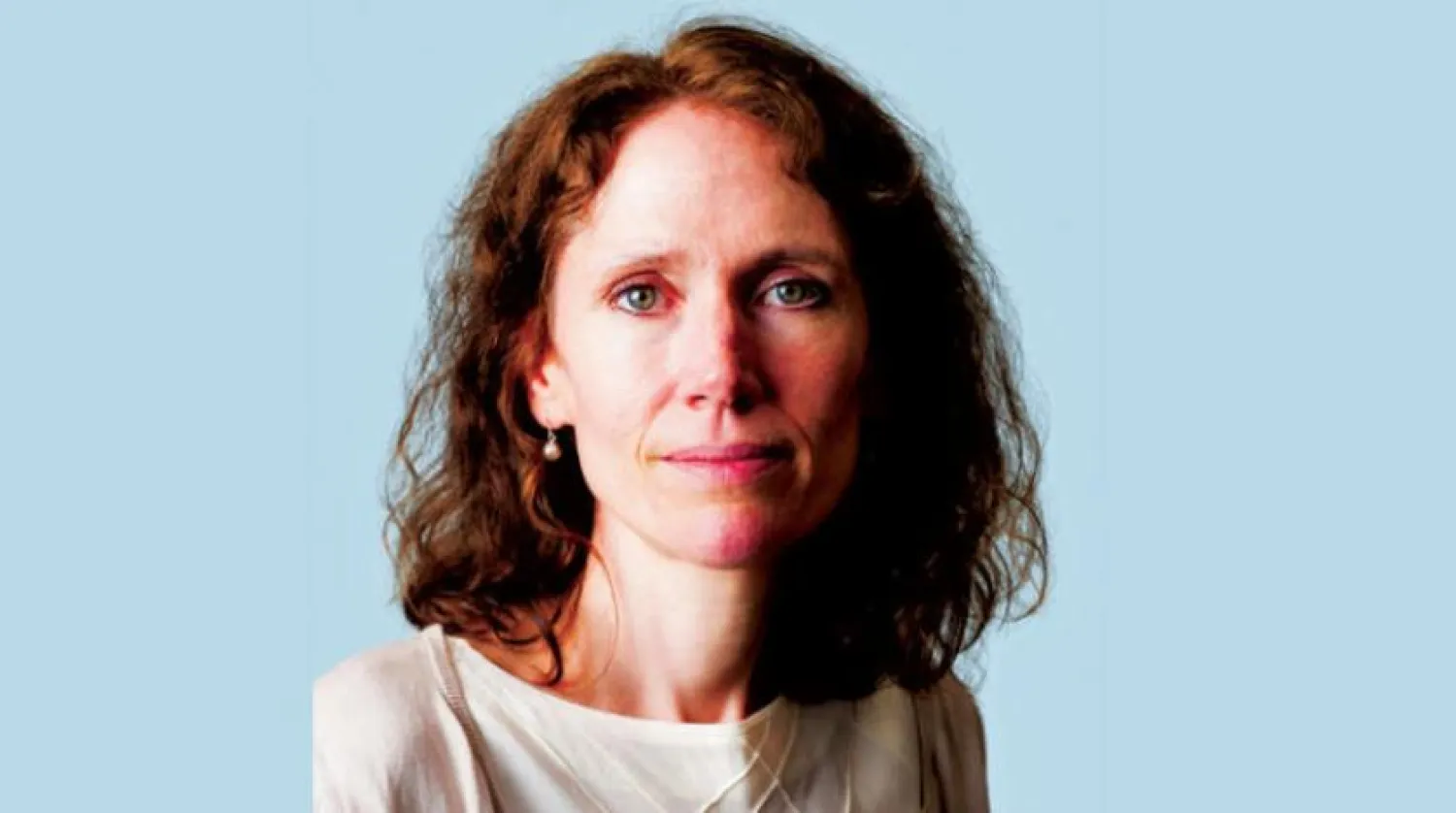A British diplomat stressed that her country would work closely with Saudi Arabia as one of the strategic partners to ensure sustainable solutions that meet global energy needs and protect the world for the future.
UK Deputy Ambassador to the Kingdom of Saudi Arabia Anna Walters affirmed that SABIC's recent announcement of an investment of £850 million in decarbonization operations in north-east England, and Saudi Alfanar's commitment to invest £1 billion in the UK to convert waste into clean aviation fuel, are typical examples of this approach.
On the repercussions of the Ukrainian crisis, Walters stressed that her country does not depend on Russian natural gas, which constitutes less than 4% of British supplies.
The UK is exploring options to end this matter completely, revealed Walters, adding that her country plans to work on developing a long-term energy strategy that promotes the Kingdom as a leading global center in terms of technology and green finance.
Walters told Asharq Al-Awsat that the relationship between the UK and Saudi Arabia is of great importance as it covers a wide range of economic and national security interests that are based on a long-term bilateral relationship that is established on a number of pillars including security, energy, trade and defense.
“We share national security and prosperity interests bilaterally and, in the region, more broadly,” said Walters.
“Our partnership continues to grow, as the Kingdom of Saudi Arabia embarks on rapid social and economic change within the framework of (Vision 2030) with many new areas of cooperation, including sports, entertainment, and culture,” she added.
“We are well-positioned to work together in these areas, and we have high aspirations for the future,” affirmed the diplomat.
According to Walters, the invasion of Ukraine poses a threat to the economic recovery in Europe and the rest of the world following the coronavirus pandemic.
She warned that Russia’s war on the Eastern European country will exacerbate an already high level of global inflation and place pressure on supply chains.
Walters added that the Ukraine crisis had significantly increased the cost of living, noting that the measures taken by Europe and the UK to punish Russian President Vladimir Putin’s regime do not come for free.
But the risks of not taking firm action against an invasion of this caliber will be much greater, explained Walters, stressing that NATO will re-evaluate its position to deter and defend against threats that have become more realistic following recent events.
She pointed out that Britain committed about £400 million for official development assistance, as one of the largest bilateral donors to Ukraine.
Meanwhile, Saudi Arabia announced that it would provide $10 million to Ukraine.
Moreover, Saudi Arabia’s King Salman Center for Relief and Humanitarian Action signed two agreements with UN agencies, namely the World Health Organization and UNHCR to provide medical assistance and shelter to Ukrainian refugees.
“Riyadh and London share many development goals, as part of a growing bilateral partnership, and work together to identify future opportunities for joint development financing,” said Walters.
“Over the past two months, since the start of the Russian invasion of Ukraine, we have seen major disruptions to global supply chains and energy markets, causing inflation, commodity shortages, and price hikes all over the world,” she added.
“The production and export of food in Ukraine have been paralyzed, while Russia has imposed restrictions on the export of wheat and fertilizers,” said Walters.
British diplomacy is looking forward to the world reaching a quick end to this crisis.
However, in Walters’ opinion, this requires the Russian government's seriousness about engaging in diplomacy and negotiations and following up on any commitments it undertakes.









